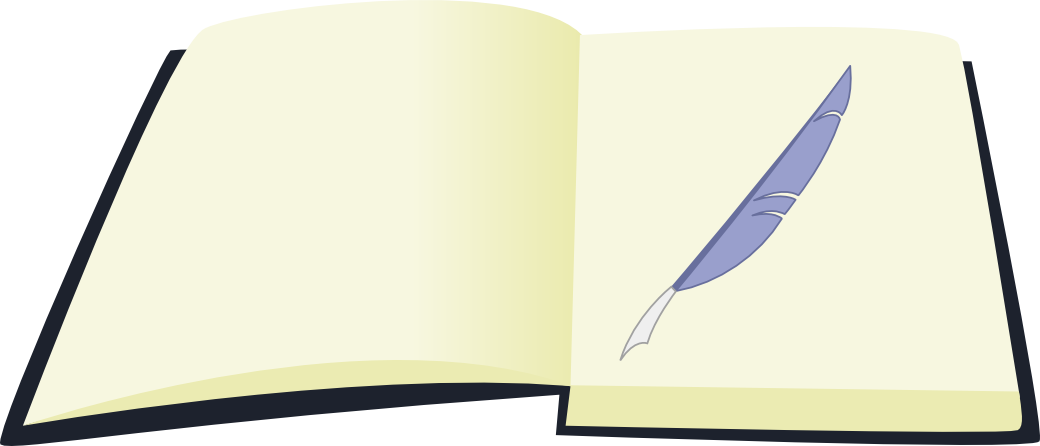A conservative high school history textbook in South Korea that puts a positive spin on some of the country's most controversial periods of history, such as Japan's colonial rule, has been a source of heated debate for several weeks, with the government being accused of favoring textbooks that support their political beliefs and paint a rosier view of various periods of history.
The textbook by Kyohak Publishing Co has been lambasted not only for its inaccuracy, but for whitewashing the past flaws of certain interest groups. Critics say the sheer volume of errors – over 750 mistakes – in the textbook are serious enough to disqualify it as a legitimate learning tool.
Parents and students protested hard against several schools who have decided to adopt Kyohak's textbook and finally succeeded in revoking the decision. However, the Ministry of Education has offered excuses for the publishers, first by claiming that it was not the final version. Even after it was revealed that Kyohak still has not applied the required adjustments to the textbook and its revised version contained about 350 errors, the ministry again embraced them, saying that it was a trial version. According to local report, one historian said [ko] “in his 22 years as a history teacher, he has never heard of such thing as a ‘textbook trial version’, and the ministry’s outlandish claim renders him speechless.”
The scope [ko] of the errors are wide: misleading descriptions of Japanese imperial rule of Korea, incorrect names of locations on a map, and the false claim that the United States had a colony in the Indochina region. Another noteworthy mistake includes an inaccurate description of President Park Geun-hye’s father, the late military dictator Park Chung-hee: the textbook says Koreans’ average per capital income reached 10,000 US dollars under his rule, when it should be 1,000.
The textbook also claims that the so-called comfort women – young teenagers and women, many of whom were Korean, who were forced into prostitution by the Empire of Japan during World War II to “comfort” the troops – “followed the Japanese army around”, thereby implying that they have voluntarily choose to serve the army for the money. There is even an error suspected to have been lifted from an online blog post.
The New York Times recently added fuel to the fire with an editorial entitled “Politicians and Textbooks” in which the paper accused President Park of downplaying Korean collaboration with Japanese imperialists during Japan's colonization of Korea from 1910 to 1945. The editorial concluded that Park, along with Japanese President Shinzo Abe, are “pushing to have high school history textbooks in their countries rewritten to reflect their political views.” The Korean Foreign Ministry fired right back, saying it will “take necessary steps against the New York Times with regard to the erroneous facts.”
Enraged Koreans commented as below:
교학사 역사교과서는 새누리당 선거홍보 책자로나 가치있을까@hee1025w @EuiQKIM
— Chung,Ikjin (@ikjchung) January 13, 2014
Kyohak Publishing’s textbook is only worth as much as the ruling Saenuri party’s campaign flyers.
◆JTBC 손석희에 출연한 양철우 교학사 회장의 인터뷰를 보니, 저런 걸레같은 친일 교과서가 왜 나왔는지 단번에 이해가 된다. 자기 역사 교과서는 잘못 된게 없고 8종의 교과서중 가장 올바른 역사 교과서이며 일선 역사교사들은 좌파랍니다. ㅋㅋㅋ
— 술상무100 (@natureslaw100) January 14, 2014
After watching Chairman of Kyohak Publishing Yang Cheol-woo’s interview on the JTBC Sohn Suk-hee’s news program, I can totally see how that garbage, pro-Japanese imperialist book was born. He kept claiming their textbook has no flaws and it is the most accurate book available. He even accused other textbooks of being “left-leaning”.
More concerns arose as reports came out [ko] that immediately after Kyohak Publishing’s history textbook had been rejected by parents and students, the government and ruling Saenuri party began pushing to publish it and impose the textbook on a national level. Currently, students, parents and teachers have a say in the textbook selection process, and have a choice among several different books. The political opposition denounced the move [ko] as an attempt to stifle points of view that differ from their own, and commented that a one-size-fits-all textbook system is a favorite of authoritarian regimes who can easily manipulate its content. The most notable cases of the one national textbook system would be North Korea and Russia.
교학사 국사교과서가 학생·교사·학부모들에게 완벽하게 퇴출되었으면 부끄러워하고 반성해야지, 마치 보복하듯이 통째로 뒤엎어 국정교과서 체제로 가겠다는 발상은 역사를 모독하고 국민을 우습게 여기는 처사다_김삼웅 http://t.co/3XYJH8QGcZ
— 문성호 Moon Sung-ho (@ilpyungdad) January 13, 2014
When they found out that Kyohak’s history textbook had been completely rejected by students, parents and teachers, the proper way to respond is by looking back at their flaws and feeling shameful and apologetic. But how did they react? It is as if they are seeking revenge, they are pushing to switch to a universal textbook system. This is an utter disregard for history and disrespect for the people.
Twitter influencer and historian Jeon Woo-yong (@histopian) tweeted a series of messages regarding this issue:
조선시대 왕도 사관의 역사 서술에는 간섭하지 않았습니다. 권력이 역사를 두려워해야지, 역사가 권력에 빌붙어서는 안 됩니다. 권력이 역사를 장악하려 드는 것은, 역사 앞에 당당할 자신이 없거나 아예 그럴 의지가 없기 때문입니다.
— 전우용 (@histopian) January 12, 2014
Even the monarchy of the Joseon Dynasty did not interfere with chroniclers’ works. It is those in power who should be afraid of history, not history that clings on to power. The reason why those in power want to exert control over history is either because they are ashamed to face history, or they dont even bother to make themselves feel unashamed’.








3 comments
English language is really not among the easiest languages in the world, even for native speakers. That’s why there is a demand and ask for English grammar check software, a technology that has evenhandedly new and getting more sophisticated day in and day out. See more free online grammar and sentence structure checker